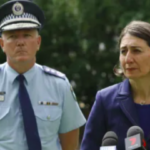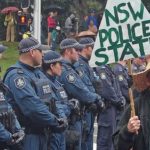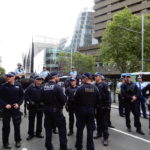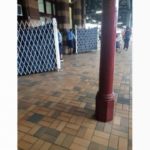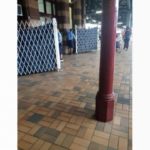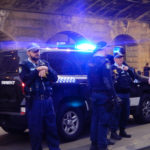Fuller’s Economics Don’t Add Up, When It Comes to Silencing First Nations Voices
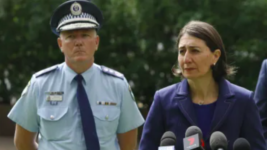
At 11.38 am on Friday 24 July, the NSW Supreme Court was taking a short recess during the proceedings that involved NSW police commissioner Mick Fuller attempting to have next Tuesday’s Sydney Black Lives Matter rally shut down.
The word at that moment was that barrister Felicity Graham was “gunning” for Fuller as she pointed out that he’d failed to follow correct statutory processes when he publicly announced on 2GB Radio that he was going to take Padraic Gibson to court prior to the rally organiser having been notified.
But, either way, the Supreme Court case seemed somewhat superfluous, as organisers of the rally had vowed to go ahead regardless, while Fuller had indicated that he’d be sending in his officers to fine demonstrators whether his bid to shut down the protest was successful or not.
The protest rally is against the brutalisation of First Nations people at the hands of police and corrective services. And the commissioner has been basing his arguments on why it shouldn’t go ahead on the false assertion that a BLM rally in Melbourne caused COVID-19 to spread in that city.
Fuller has failed to mention that the last Sydney BLM rally led to no spike in virus cases despite being sizable.
However, in his new position as economic adviser to the Berejiklian government, he did appear on Sky News stating that next week’s Sydney protest could put the NSW economy back five to ten years.
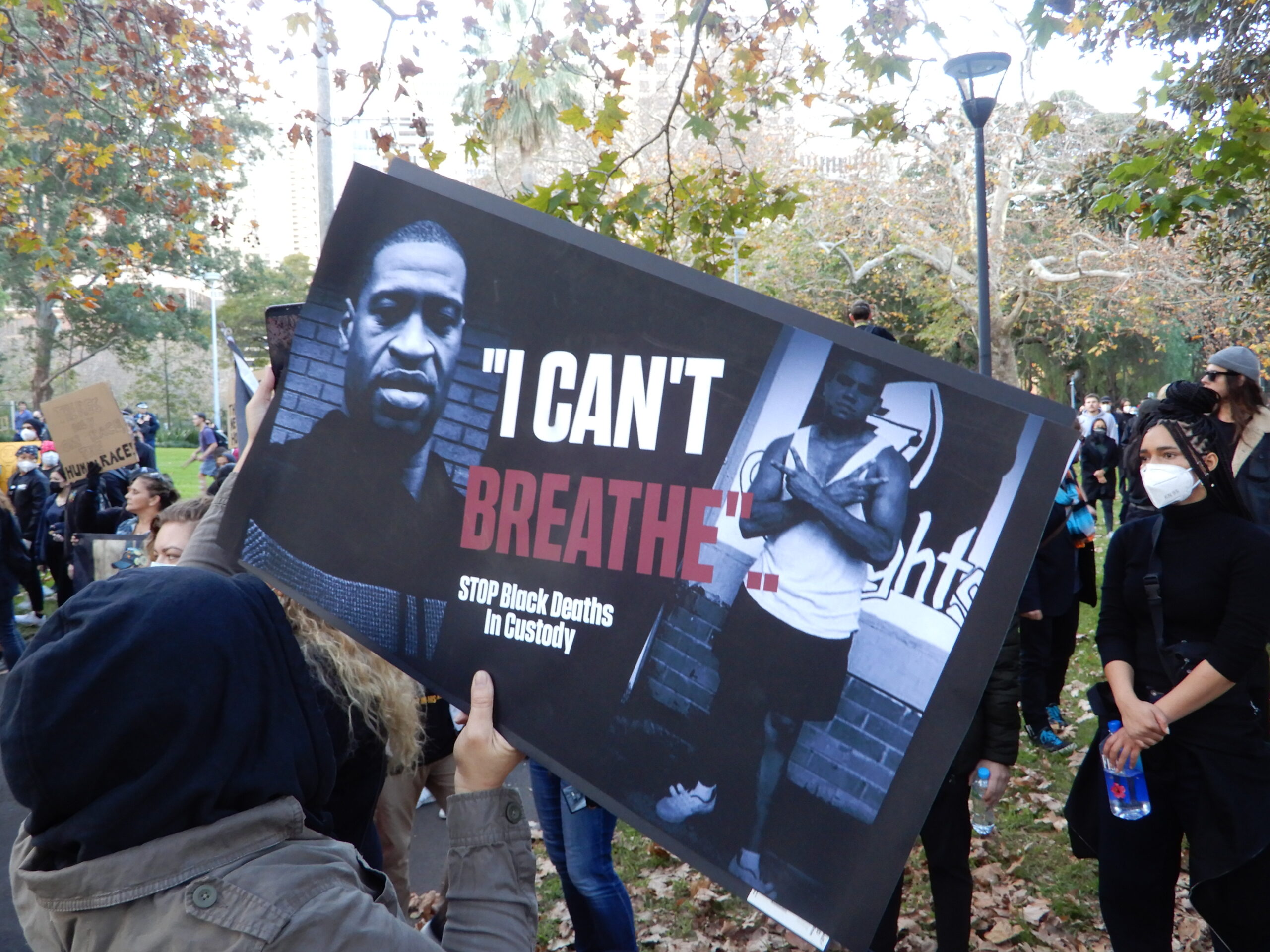
A stark disconnect
“There is no doubt there is more to it,” Padraic Gibson said during the court recess on Friday morning. “From the start there has been a double standard in the regulation that exists in public gatherings versus the regulations around more commercial and recreational activities.”
The UTS Jumbunna Institute senior researcher gave the example of it being permissible to have “a 500 person unseated, unticketed indoor gathering”, while at the same time outdoor public gatherings are limited to no more than 20 people.
“Now, there is no logic to that whatsoever,” Gibson told Sydney Criminal Lawyers. “It is safer to be outdoors than indoors. And that to me is just a blatant attempt to try and stop protests.”
According to the social justice activist, there’s also an obvious bias in the way the police have been approaching First Nations rallies during the pandemic, compared with any of the other protests that he has been attending since COVID-19 hit.
“It is only the Black Lives Matter rallies where you’ve had really high-profile attacks from political leaders – the premier, the prime minister, the police commissioner,” Gibson made clear. “They’ve been condemning these rallies and directing police to act in a certain way.”
“It’s obviously an issue that strikes at the heart of the unjust political system we live in.”
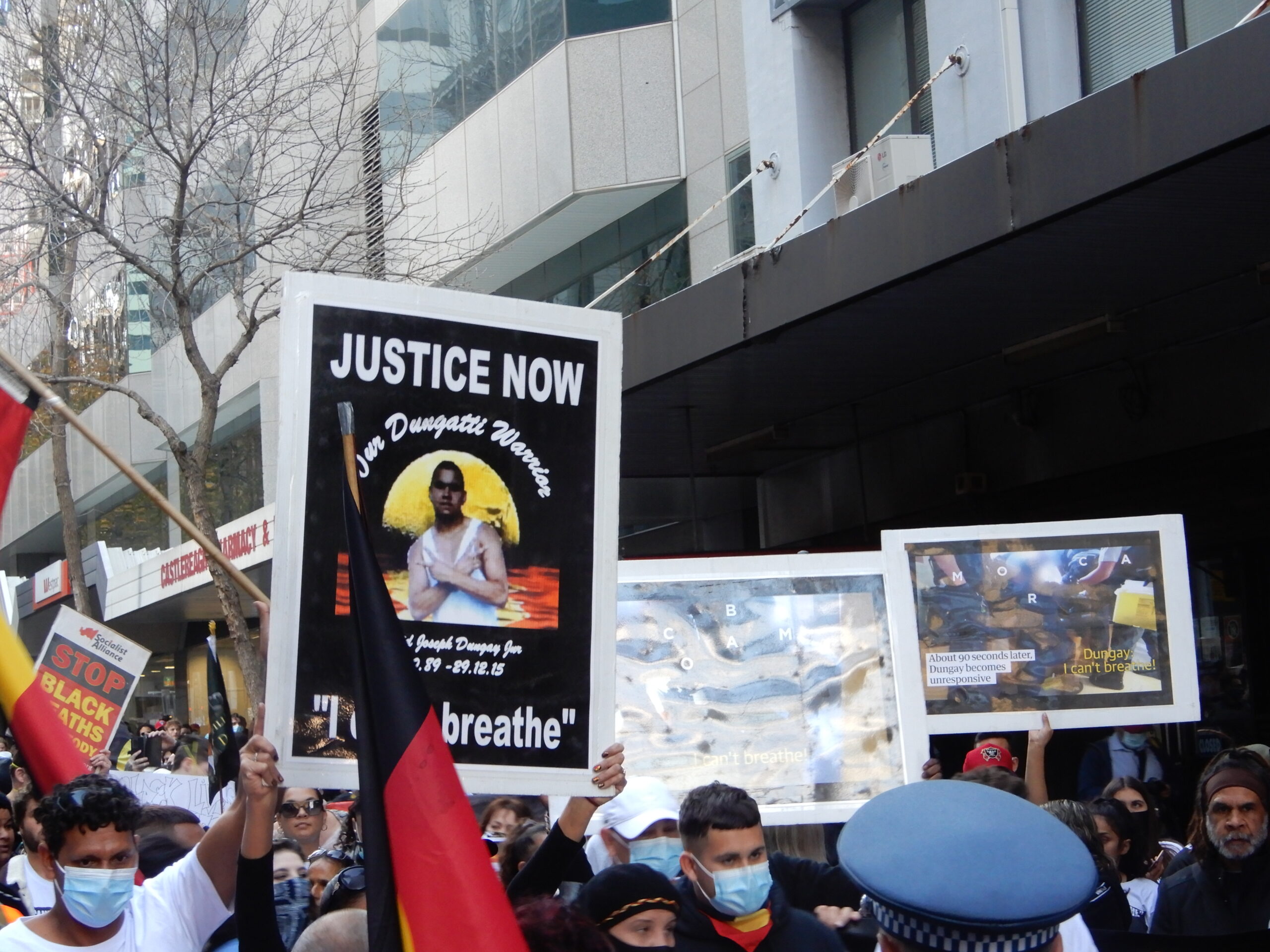
“I can’t breathe”
The coming Black Lives Matter rally is scheduled to meet at 12 pm Tuesday 28 July at Sydney Town Hall. It’s being organised by the Justice for David Dungay Junior campaign. And it’s the third such rally to have been held in Sydney since early June.
David Dungay Junior died in the custody of Corrective Services NSW on 29 December 2015, as five prison guards held the 26-year-old Dunghutti man face down in the prone position on a bed – as he repeatedly called out that he couldn’t breathe – in a cell of the hospital ward at Long Bay Goal.
“We are here doing a march for Black Lives Matters and for David Dungay Junior,” said Dungay’s nephew Paul Silva as he stood at the top of Sydney Town Hall steps during the second Sydney Black Lives Matter rally on 6 June.
“As you can hear in the background, they’re shouting: ‘I can’t breathe’. David Dungay Junior — here in our own backyard — tragically yelled that in 2015, the same way George Floyd did in the US.”
The footage of Minneapolis police killing George Floyd on 25 May sparked Black Lives Matter protests across the US and in turn around the globe.
Many ask why the local protests can’t wait. And the answer is that global actions have brought widespread attention to the movement over here.
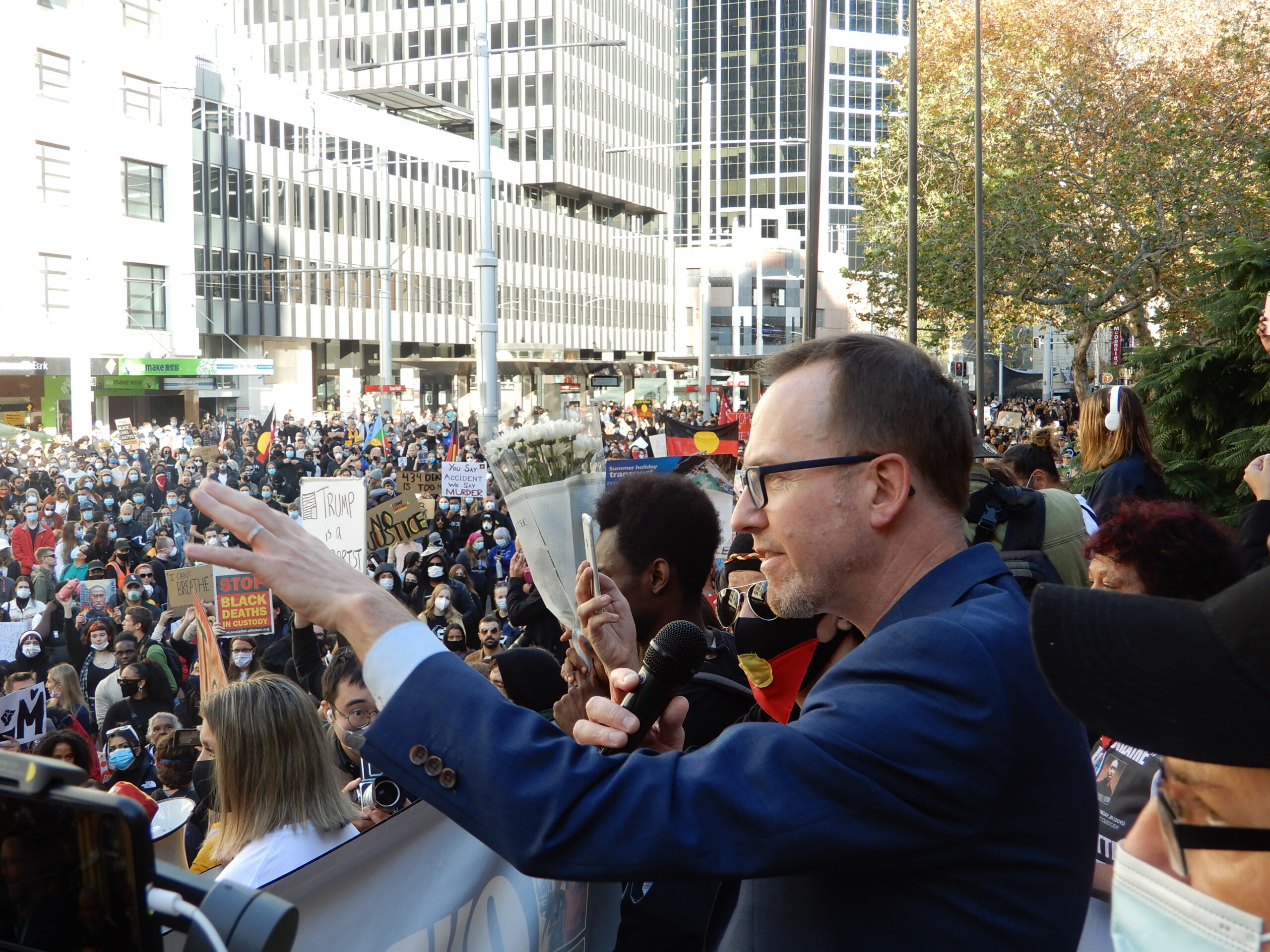
Stop Aboriginal deaths in custody
Following the second protest, there were those that remarked that they hadn’t seen such support for the Stop Aboriginal Deaths in Custody movement since the 1980s.
Indeed, the outpouring of sentiment back then led to the establishment of a Royal Commission into Indigenous custody deaths.
The investigation handed down its 339 recommendations in 1991. These included that both arrest and incarceration be measures of last resort.
However, since then, a further 438 Aboriginal and Torres Strait Islander people have died in custody.
And First Nations people are the most incarcerated people on the planet.
In March this year, there were 12,902 Indigenous inmates in Australian prisons. This accounted for 29 percent of the adult prisoner population, while Indigenous people make up less than 3 percent of the overall populace.
But, while there was a global outcry over police violence towards people of colour, following the killing of Floyd, certain NSW police officers simply paid it no mind.
On 22 June, a Sydney officer tasered a First Nations man in the face in a park, while on 1 June, a local constable threw a 16-year-old Aboriginal boy face first onto the ground. And Mick Fuller went on to put the assault on the teenage boy down to one of his officers having “a bad day”.
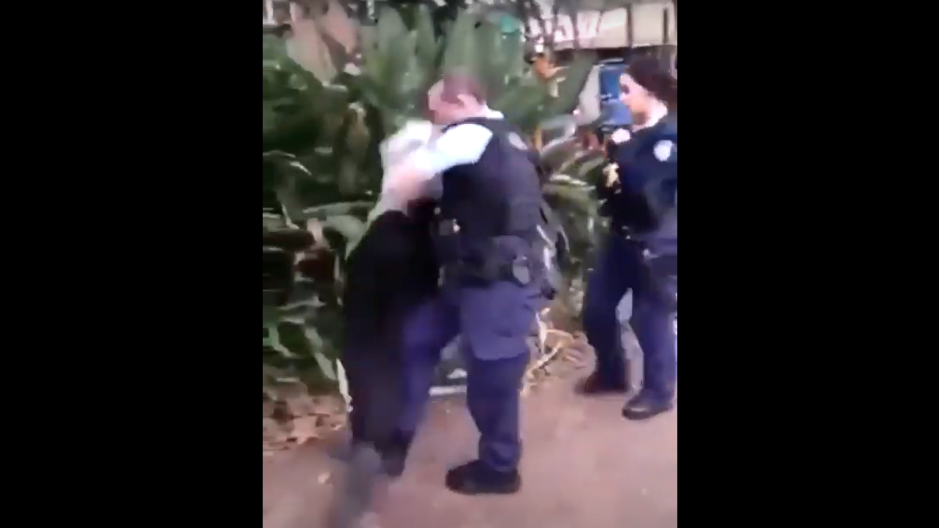
A political ruse
In his recent interview with Sky News, the NSW police commissioner asserted that the rise in COVID-19 cases in Victoria was linked to the Melbourne Black Lives Matter protest, which is a theory that has been debunked by the experts on a number of occasions.
Meanwhile, not much mention has been made of the fact that the 6 June Sydney Black Lives Matter rally – that saw tens of thousands converge on the city’s CBD – has had no COVID-19 cases linked back to it.
Indeed, rising cases in the Sydney metropolitan region have been linked to pubs and restaurants.
“There is no evidence that there was any transmission of COVID-19 at the Melbourne rally,” Gibson added. “And yet, we’ve had conservative political leader after conservative political leader, the Murdoch Press, and the police commissioner here in NSW, continue to perpetrate this lie.”
“And they’ve done a very good job in terms of creating a view in the public mind that the rallies are responsible for transmission,” he concluded, just prior to re-entering court.


